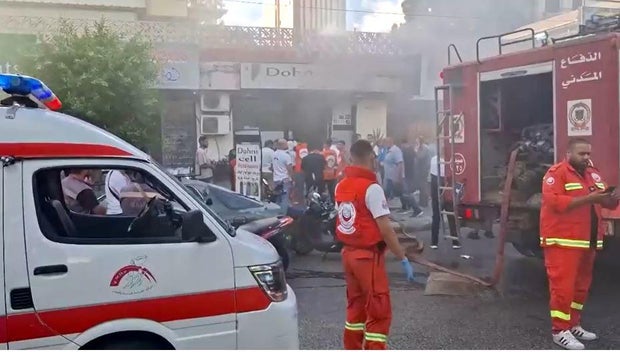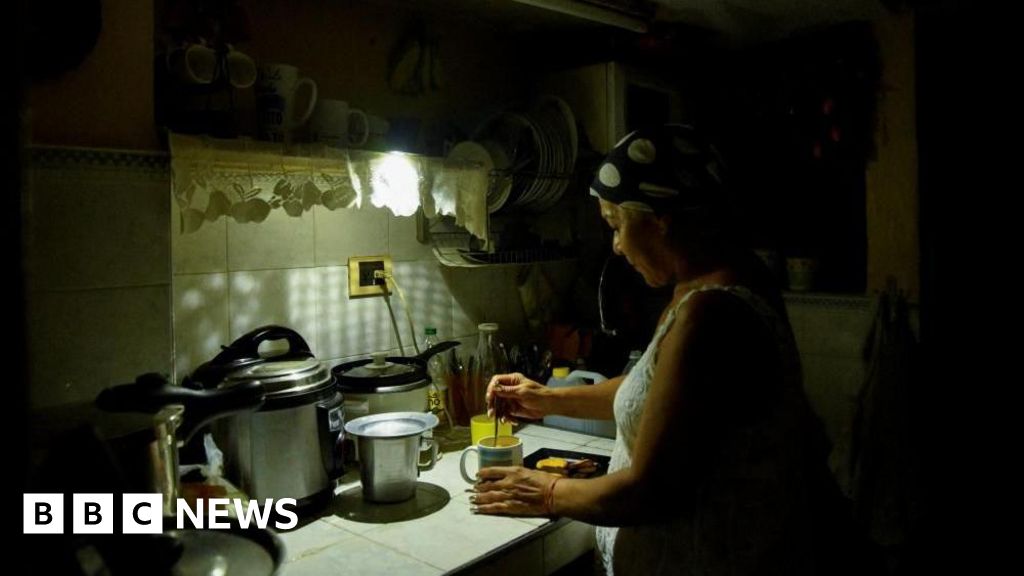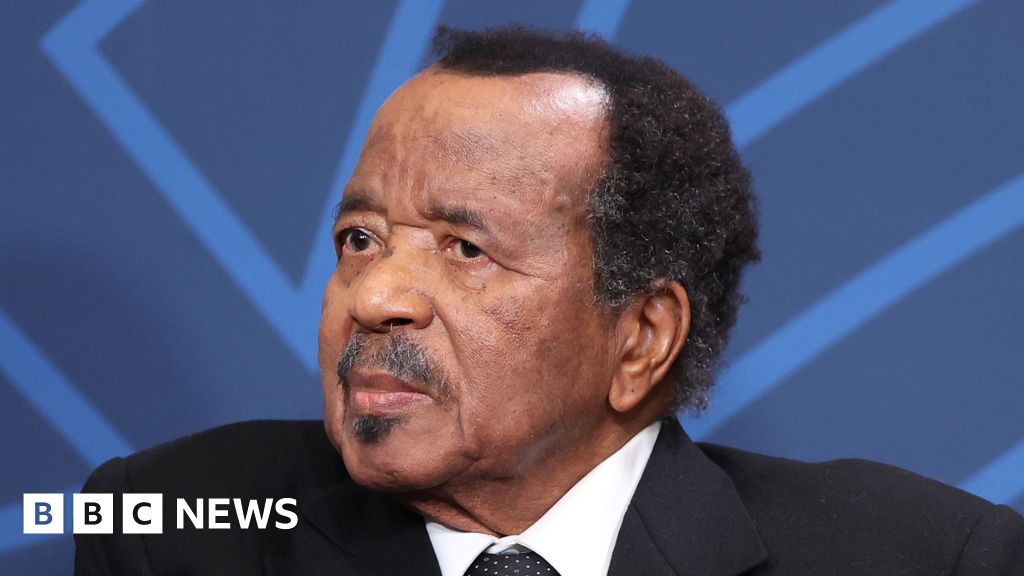What to know about pager attack on Hezbollah
Beirut, Lebanon — A source close to Lebanon's Hezbollah group said walkie talkies used by group members exploded in its Beirut stronghold on Wednesday, with state media reporting similar blasts of pagers and "devices" in east and south Lebanon. The reports came a day after thousands of pagers carried by Hezbollah members exploded nearly simultaneously, killing at least 12 people including two children, according to Lebanon's public health minister.
"A number of walkie talkies exploded in Beirut's southern suburbs," the source said, with Hezbollah-affiliated rescuers confirming devices had exploded inside two cars in the area. The Associated Press cited Lebanon's health ministry as saying more than 100 people were wounded by exploding electronic devices in various parts of the country on Wednesday.
 Emergency responders are seen as smoke rises from a cell phone store after an explosion in Sidon, southern Lebanon, Sept. 18, 2024.
Reuters
Emergency responders are seen as smoke rises from a cell phone store after an explosion in Sidon, southern Lebanon, Sept. 18, 2024.
Reuters
Lebanon's state-run National News Agency said pagers and "devices" had also exploded in Hezbollah strongholds in the east and south, with AFP correspondents also reporting hearing explosions.
Israeli officials have issued no public comments on the blasts in Lebanon, but a U.S. official told the AP on Tuesday that Israeli authorities had briefed American officials on the operation after Tuesday's pager explosions. Lebanese officials and Hezbollah quickly blamed Israel for the widespread attack on Tuesday, and Iranian-backed Hezbollah has vowed to take revenge.
A spokesman for the U.S. military and Secretary of State Antony Blinken have said the U.S. had no prior knowledge of any plans to detonate communications devices in Lebanon and no role in the operation.
How did the pagers explode in Lebanon?
Taiwanese company Gold Apollo said Wednesday that it had authorized the use of its trademarked branding on the pagers that exploded Tuesday, but it said the devices carried by Hezbollah members were manufactured and sold by Bac Consulting KFT — a company based in Budapest, Hungary.
Gold Apollo founder and CEO Hsu Ching-kuang told NPR Wednesday that "there was nothing in those devices that we had manufactured or exported to them [BAC]."
CBS News has asked Bac Consulting where and how its devices are manufactured and sold, but has not received any reply either over the phone or via email.
Responding to CBS News in a text message, Hungarian Prime Minister Viktor Orban's spokesperson Zoltán Kovács said the Hungarian leader's office had "no knowledge/info on the matter."
In a social media post later Wednesday, Kovács described Bac Consulting as "a trading intermediary, with no manufacturing or operational site in Hungary," adding that the company "has one manager registered at its declared address, and the referenced devices have never been in Hungary."
It remains unclear exactly how many pagers blew up on Tuesday, but a senior Lebanese security official and another source told the Reuters news agency that Israel's Mossad intelligence agency had planted a small amount of explosives inside 5,000 devices, which it said were ordered by Hezbollah just months before the blasts.
The AP and the New York Times, citing unnamed U.S. officials, also said the pagers detonated Tuesday had small amounts of explosives inside them, along with embedded switches that could be detonated remotely.
The Times said the devices carried as little as one to two ounces of explosives, embedded next to their batteries. Citing Lebanese officials, the newspaper said the affected pagers received a message at 3:30 p.m. local time that appeared to have come from Hezbollah leadership, but which activated the explosives.
This breaking news story will be updated.
Emmet Lyons and Tucker Reals contributed to this report.











 English (US) ·
English (US) ·